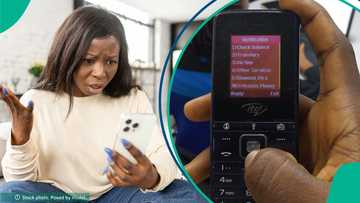“N2 Extra is Breaking”: Banks Implement N6 SMS Transaction Fee, Nigerians React
- The banking industry regulator and the NCC implemented a new N6 fee for each SMS transaction alert
- Customers of Nigerian banks are quite unhappy about the N2 additional hike to be deducted from customers account
- The new structure was developed to replace the previous per-session USSD billing mechanism and standardise fees across banks
Legit.ng journalist Zainab Iwayemi has 5-year-experience covering the Economy, Technology, and Capital Market.
The Nigerian Communications Commission (NCC) and the banking sector regulator together instituted a new N6 cost for each SMS transaction alert, which has caused considerable displeasure among Nigerian bank customers.
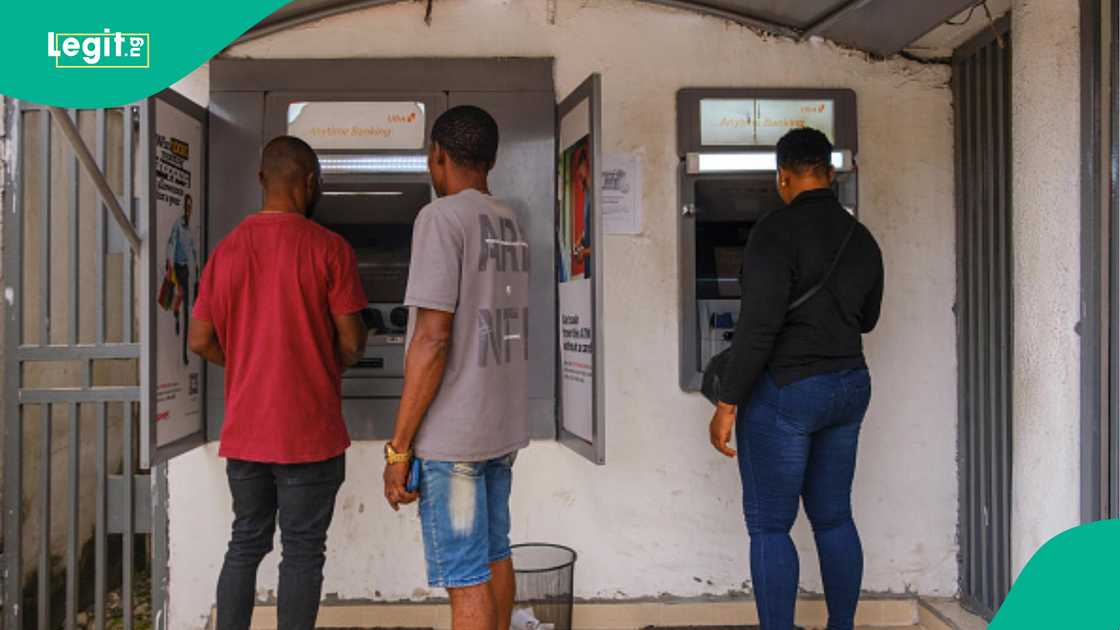
Source: Getty Images
Today marked the implementation of the updated fee, which was higher than the previous N4 per SMS and is anticipated to be automatically taken out of customers' bank accounts.
The Central Bank of Nigeria (CBN) claims that the new structure was created to harmonise fees across banks and replace the previous per-session USSD billing mechanism. The apex bank claims that this modification provides a more open and user-friendly billing structure, and the cost would be paid to mobile network operators.
Tribune reported that the additional expense is just one more financial strain for many consumers, particularly low-income individuals who depend significantly on USSD services for daily transactions. Critics claimed that in addition to being ill-timed, the action may further polarise the unbanked population, undercutting CBN's long-standing objectives for financial inclusion.
“This policy is out of touch with the reality of ordinary Nigerians,” said Mr. Yusuf Adebayo, a civil servant.
“Instead of encouraging people to embrace banking, it discourages them. A low-income earner making frequent transactions will feel the pinch of this fee over time.”
Customers have been urged to use mobile banking apps from banks like GTBank and Fidelity Bank, which don't charge for SMS or USSD. However, some clients continued to have doubts. Before this regulation was formally established, banks were allegedly collecting several telco fees for single transactions, according to one client who spoke anonymously.
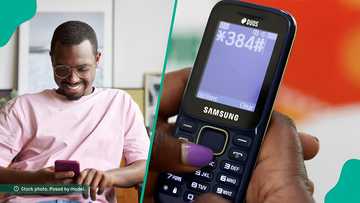
Read also
Access, Zenith, UBA, other banks settle N160bn owed to MTN, Airtel, others as new SMS fee begins
“There are days when I get charged more than once for a single transaction,” the customer said. “It feels like we’re being bled dry from every angle.”
Nigerians have taken to social media sites such as X (previously Twitter) to voice their dissatisfaction and differing views. One user, Arch Angel Jesse argued that the mass reaction was unwarranted.
“I don’t think this is a problem the way the news is making it seem. Only N2 extra and it’s breaking news!” Jesse posted. “All the money lost in NNPC is still not making the news but N2 extra is breaking!!! Very few people understand where I am coming from, and that is still the problem of this country Nigeria.”
However, another user, @asia_valking, offered a different perspective. “N2 is not a problem? It will be when you receive alerts from 20 different transactions, or you multiply it by 50 million accounts. Their next target will be N10.”
Joshua Eze, another customer, drew a comparison with telecom practices in the United Kingdom.
“In the UK, once you pay for your internet data, calls and SMS are essentially free. Think of providers with their flexible plans and no extra charges for calls or texts. Meanwhile, Nigerian business leaders keep adding burdens like this N6 SMS fee, doing more harm than good to citizens already struggling,” he said.
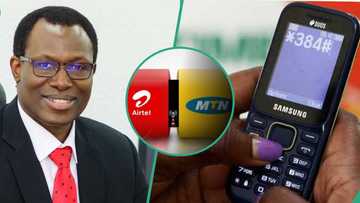
Read also
After N200bn debt controversy, telcos, banks set to collect USSD charges from subscribers' airtime
Hyginus Ogbuike, a resident in Lagos, blamed both the government and its corporate allies for continually making life more difficult for Nigerians.
“It started long ago. If they can increase salaries by 100% across all levels, it will be tolerable,” he said.
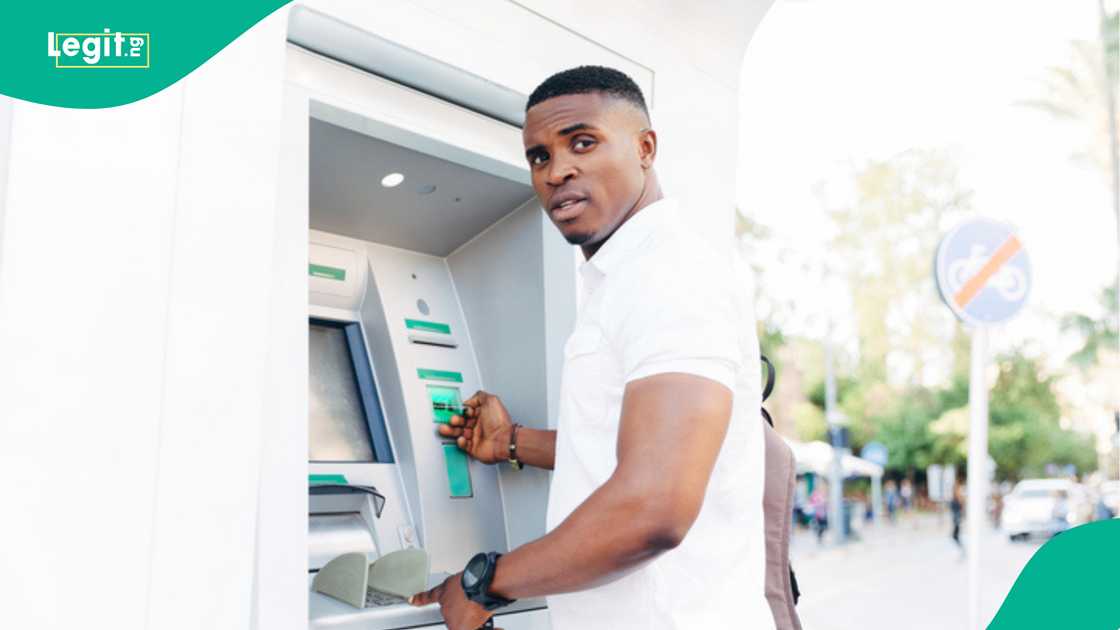
Source: UGC
Experts explain ways to avoid paying excessive charges
Legit.ng reported that Nigerians are already struggling financially, and the exorbitant fees for simple banking services like withdrawals, transfers, and account management have only made matters worse.
Numerous protests, complaints, and even social media memes have failed to change the situation; instead, new accusations have emerged.
Some of the fees that current banks charge are value added tax, foreign exchange commission, ATM transfer fees, commission on turnover, POS transfer fees, interbank transfer fees, card maintenance fees, USSD charges, card issuance fees, check issuance fees, stamp duty, and transfer fees.
Source: Legit.ng


